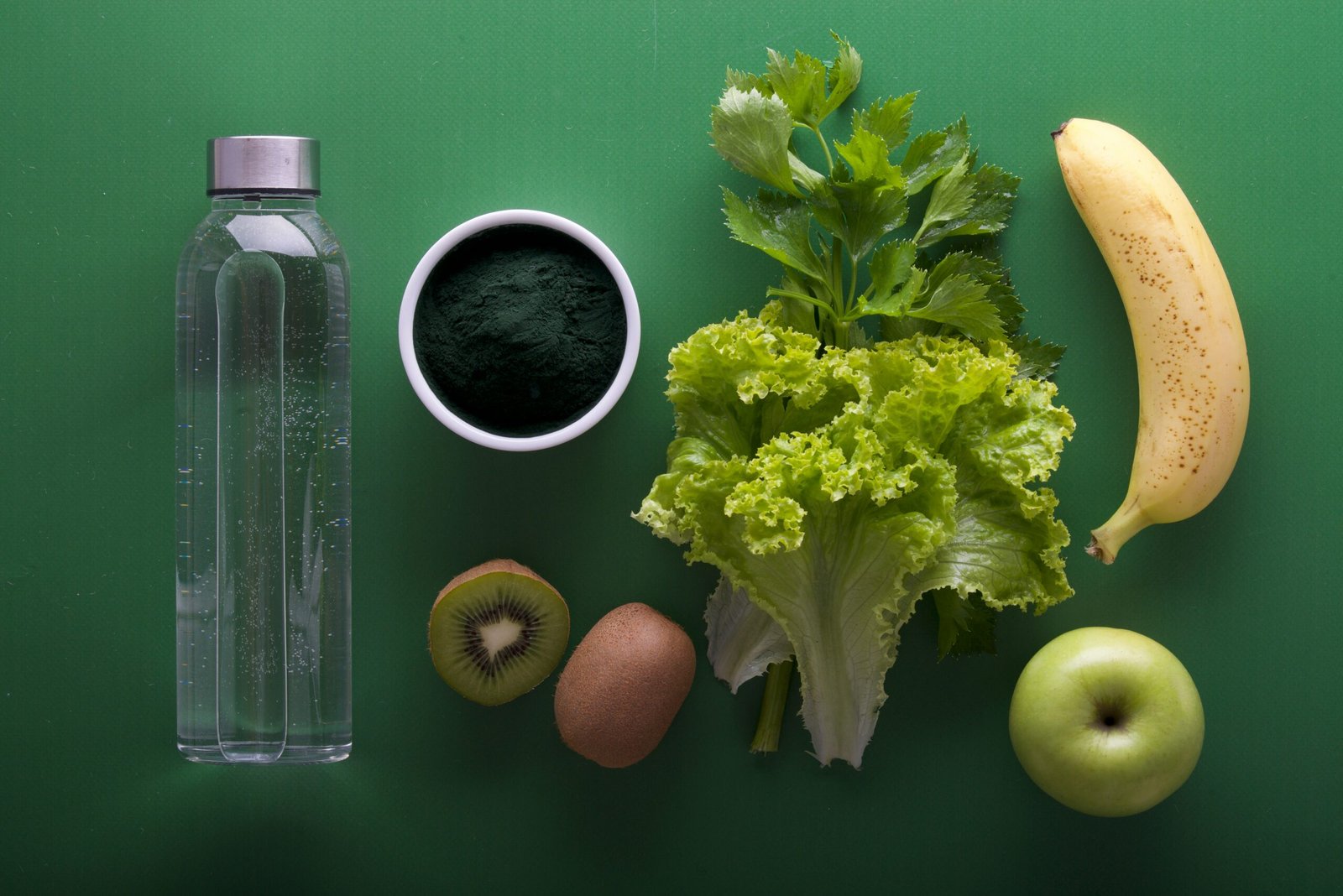The Rise of Minimalism in South Korea: Embracing Simplicity in a Fast-Paced World
Understanding Minimalism
Minimalism is a lifestyle choice that prioritizes simplicity, intentionality, and the reduction of excess in one’s life. Originating as an art movement in the 1950s, it has since transcended into various aspects of daily living, including architecture, design, and personal philosophy. The core principles of minimalism are about focusing on what truly matters, which often involves decluttering both physical spaces and mental frameworks. In today’s consumer-driven society, the stark contrast between minimalism and consumerism has become increasingly evident.
Consumerism promotes the acquisition of goods and services, often leading individuals to feel a sense of fulfillment and identity from material possessions. However, this relentless pursuit of more can also contribute to increased levels of stress and anxiety. Consumer culture can create digital and physical clutter that overwhelms and distracts individuals from their true values and goals. In contrast, minimalism advocates for intentional living, where individuals are encouraged to evaluate their belongings and relationships critically.
In South Korea, this movement has gained traction as many individuals, particularly younger generations, seek to reclaim their time and mental health from the burdens of modern life. The rapid growth of technology and social media has led to an overwhelming influx of information and demands on personal attention, fostering a heightened need for minimalism. Many South Koreans are adopting minimalist practices that help mitigate these pressures by eliminating unnecessary distractions, thereby enhancing the quality of their lives. The relevance of minimalism within South Korean culture highlights the growing awareness of mental health, as people recognize that simplicity can lead to greater happiness and well-being.
Through embracing minimalism, individuals in South Korea are gradually finding clarity and focus amidst the chaos, transforming their environments and lives in meaningful ways.
The Korean Minimalism Movement
The minimalism movement in South Korea has gained significant traction in recent years, largely fueled by a cultural shift towards prioritizing quality over quantity in one’s lifestyle. In an increasingly fast-paced society, marked by technological advancement and consumerism, many South Koreans are seeking solace in the simplicity that minimalism offers. This trend is not just a passing fad; it reflects deeper psychological and societal needs for clarity and purpose amidst the chaos of modern life.
Several cultural factors have played a crucial role in the prominence of minimalism in South Korea. Historically, the nation’s rapid economic development has fostered a consumer mindset that often results in excessive accumulation of goods. However, as South Koreans navigate the pressures of urbanization and work-related stress, there is a growing recognition of the value of decluttering and mindfulness. Books such as “The Life-Changing Magic of Tidying Up” by Marie Kondo, a Japanese organizing consultant, have found substantial popularity, motivating individuals to reevaluate their possessions and emotional attachments to them.
Moreover, notable South Korean advocates of minimalism, like Fumiko Enomoto and Eun-ju Song, have emerged, amplifying the conversation around the benefits of living with less. Documentaries and television programs focusing on minimalism have further encouraged audiences to consider the emotional and environmental impacts of consumerism. Recent surveys reveal a startling trend: nearly 60% of South Koreans have expressed an interest in adopting minimalistic practices in their lives, with many indicating that it leads to improved mental well-being and life satisfaction.
Overall, the development of minimalism in South Korea signifies not merely a lifestyle choice but rather a profound cultural evolution which endorses mindfulness, intentional living, and a holistic approach to well-being in a world that often prioritizes material possessions over personal fulfillment.
Benefits of Embracing a Minimalist Lifestyle
The rise of minimalism in South Korea has gained significant traction, highlighting various benefits that many individuals are beginning to embrace. One of the most notable advantages of adopting a minimalist lifestyle is the improvement in mental clarity. With less clutter in their physical spaces, individuals often experience a reduction in stress and anxiety, leading to enhanced focus and productivity. As spaces become simpler and more organized, the mind also feels less overwhelmed, allowing for a more serene mental state. This mental clarity has been echoed by numerous participants in minimalism communities who report feeling lighter and more free from the distractions of consumerism.
Additionally, a minimalist lifestyle often results in substantial financial savings. By reducing consumption and focusing on what is truly necessary, individuals in South Korea are discovering the profound impact that thoughtful purchasing can have on their financial wellbeing. With less annual spending on non-essential items, many have found themselves freeing up budgetary space, which can be redirected towards savings or experiences that add genuine value to their lives. For example, one resident of Seoul shared how minimalism allowed her to save for travel instead of accumulating material goods that offered fleeting gratification.
Moreover, embracing minimalism also contributes positively to environmental sustainability. As people buy less and prioritize quality over quantity, the overall demand for mass-produced goods diminishes, which can lead to a reduced ecological footprint. This aspect resonates deeply in South Korea, where there is an increasing awareness of environmental issues. There are personal accounts from individuals who have found purpose in promoting a sustainable lifestyle, connecting their minimalist choices to broader environmental benefits. These shared experiences shed light on the harmony that can be created when personal choices align with the well-being of the planet.
Practical Steps to Start Your Minimalist Journey
Embarking on a minimalist journey in South Korea can significantly transform your lifestyle, fostering a greater sense of peace and clarity in a fast-paced environment. To initiate this journey, the first step is decluttering your space. Begin by sorting your belongings into categories: keep, donate, and discard. The “KonMari Method,” popularized by Marie Kondo, encourages individuals to keep only those items that “spark joy.” This technique not only reduces clutter but also promotes mindfulness about what you surround yourself with.
Mindful consumption is another crucial aspect of minimalism. It involves being intentional about what you purchase and consume. Before making a purchase, ask yourself if the item serves a purpose or contributes positively to your life. By focusing on quality over quantity, you can cultivate a more meaningful collection of items instead of accumulating things that will eventually contribute to clutter.
To enhance your minimalist living space, consider the layout and décor of your home. Aim for functionality and simplicity in design. Opt for furniture that serves dual purposes, such as a bed with storage underneath, and choose neutral colors to create a calming atmosphere. Digital minimalism is equally important; declutter your digital life by organizing files, unsubscribing from unnecessary emails, and limiting your social media use, thereby reducing mental clutter.
For those seeking further guidance in their minimalist journey, various apps and communities are dedicated to minimalism in Korea. Platforms such as “Tidy Up” and “My Minimalist Life” provide a wealth of resources, including tips, challenges, and forums where individuals can share their progress. Engaging with these communities can enhance motivation and clarity as you adopt a minimalist lifestyle.









